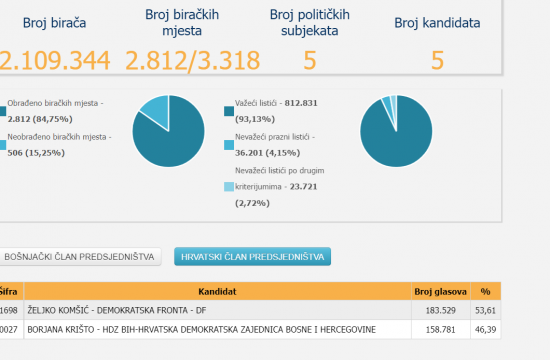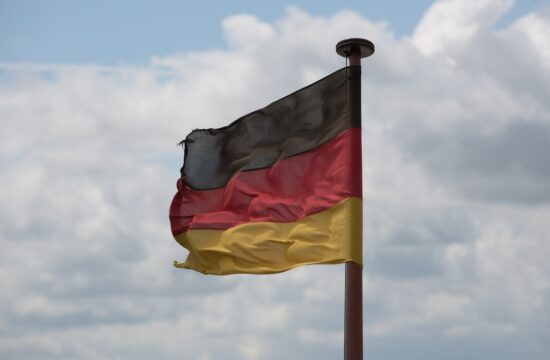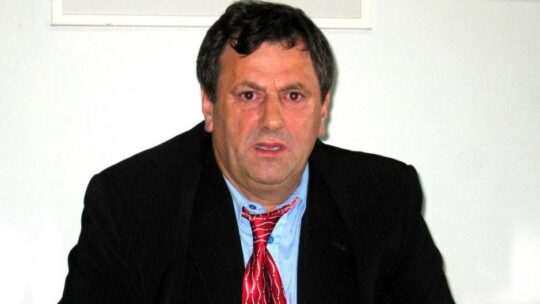One of Europe's most prolific crime groups involved in large-scale drug trafficking, money laundering, and assassinations has been dismantled, Europol said Wednesday.
The criminal network run by Lithuanian and other EU nationals earned an estimated $760 million from its crimes between 2017-19, the European Union's law enforcement agency said in a statement.
Police searched 40 houses and arrested 22 suspects in four countries on May 15-16, with raids involving more than 450 police and customs officers from Lithuania, Poland, the United Kingdom and Spain.
Officials seized nearly $9 million in cash, diamonds, gold bars, jewellery and luxury vehicles, according to the statement.
The operation, code-named “Icebreaker,” was the result of an investigation that began in 2016.
Europol said the “highly professional and dangerous international organized crime group” used “counter-surveillance and counter-intelligence measures to try to evade law enforcement authorities, as well as specialized encrypted communication devices.”
The suspected ring-leader is a 48-year-old Lithuanian national, who allegedly oversaw a criminal network that would smuggle drugs and cigarettes into the UK and ship illicit cash to Poland.
The money was allegedly laundered in currency exchange offices and invested in property in Spain and other countries.
‘Chronic and corrosive threat’
A previous coordinated series of raids took place in December 2018, when 90 people were arrested in an operation targeting the ‘Ndrangheta mafia group in Europe and South America.
‘Ndrangheta has its roots in Calabria, southern Italy, but over the decades has developed into a powerful international criminal organization.
Approximately 5,000 international organized criminal gangs are under investigation in the EU, according to Europol's latest Serious and Organised Crime Threat Assessment, carried out in 2017.
Earlier in May, the UK National Crime Agency warned that there are at least 181,000 offenders with connections to serious and organized crime (SOC) in the country, posing a “chronic and corrosive threat,” according to a statement.
NCA Director General Lynne Owens called for a £2.7 billion ($3.4 billion) investment in law enforcement in the next three years to fight SOC.
“It kills more people every year than terrorism, war and natural disasters combined,” said Owens.
“SOC affects more UK citizens, more frequently than any other national security threat. And it costs the UK at least £37 billion a year — equivalent to nearly £2,000 per family.”




